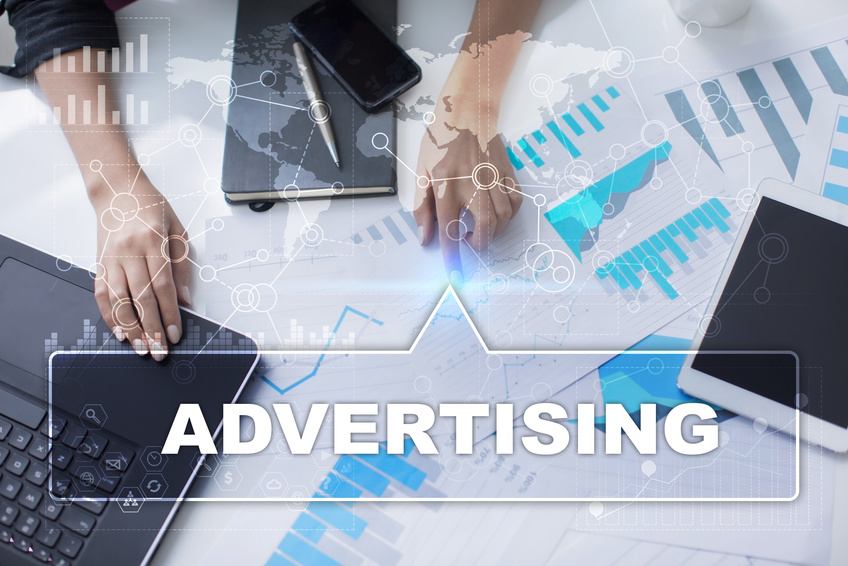
New legislation will make it clear who is paying for political advertisements online and on social media in New York State. The Democracy Protection Act, now in effect, will also bar foreign entities from purchasing political ads on websites.
The move to regulate paid Internet and digital political advertisements follows the meddling in the 2016 presidential election, in which social media was used as a platform to influence voters. Governor Andrew M. Cuomo says it also is a way to update election laws for the digital age.
Political advertisements on social media platforms have not been regulated the same way as those in traditional media platforms (e.g., in newspapers, TV and radio), as required under the Federal Election Campaign Act (FEC). The FEC has set a June hearing to review new rules for online and digital advertising and, although other states have similar bills pending, New York is the only state to have implemented such legislation.
The Democracy Protection Act:
- ensures foreign entities are prohibited from forming an independent expenditure committee and purchasing political ads in order to influence New York elections;
- requires all digital ad buyers to register as an independent expenditure committee, just as they are required to when purchasing time on television;
- requires paid independent political online ads to clearly display that the ad was not authorized by any candidate and who actually paid for the ad; and
- directs the State Board of Elections to create an online archive of all political communications for a set period in order to make them transparent and accessible to the press, fact-checkers, political opponents and the public, according to the governor’s website.
Federal bill
On the federal side, the proposed Honest Ads Act (S.1989) would amend the Federal Election Campaign Act of 1971 and require the source and disclosure of digital political ads and prevent foreign entities from buying political ads. It would apply to websites with 50 million unique monthly visitors.
The bill has been referred to the Committee on Rules and Administration. Identical companion legislation (H.R.4077) was introduced in the House of Representatives. Some Republicans have expressed criticism of the bill, saying it could infringe free speech, however, Sen. John McCain R-Ariz.) is one of the co-sponsors of the bill, along with Sens. Mark Warner (D-Va.) and Amy Klobuchar (D-Minn.)
Initially, Twitter and Facebook, along with Alphabet Inc.’s Google, advocated for self-regulation as opposed to legislation, but Twitter and Facebook have since publicly pledged their support for the Honest Ads Act. To date, Google has not publicly supported the bill.
Twitter also launched the Ads Transparency Center, indicating it would go beyond the proposed Honest Ads Act’s requirements and target specific topics.
Facebook CEO Mark Zuckerberg said in a statement in April that Facebook would begin confirming the identity and location of advertisers wanting to run political or issue ads and that any advertiser not verified would be prohibited. He also said the ads will be labeled as such and will indicate who paid for them. The procedure will begin in the United States and expand to the rest of the world in coming months, he indicated.
Bills in other states
Similar bills are pending in other states, including Maryland, Connecticut, Illinois and California.
Maryland’s bill is somewhat similar to the federal bill, but only applies to digital political advertisements in state and local elections and platforms with 100,000 unique monthly visitors. California’s bill goes an extra step further than the federal bill and requires the purchaser of the online political ad to disclose its top three funders.
Mario D. Cometti, Esq. is a Partner at Tully Rinckey PLLC in Albany, N.Y. Mr. Cometti focuses his practice on civil and commercial litigation and he has represented hundreds of individuals and companies in a wide range of matters, including personal injury lawsuits.






